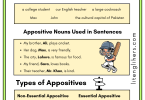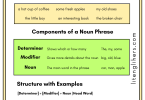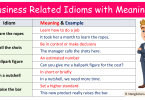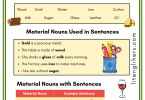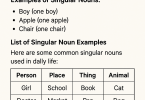Anger-expressing phrases in English
Expanding your vocabulary and learning to say the same thing in different ways is incredibly important when working on your English fluency. This is important not only to sound more natural but also to help you understand more native speakers who use idioms and English expressions.
There are many sentences or phrases we use in our daily life over and over but sometimes we don’t understand how to construe these phrases in English maybe just because of that, our native language isn’t English or maybe we do not pay much attention to them these phrases and sometimes we get bored using the same phrases over and over so why not make it little enthralling? Something new or engrossing aside from the boring words.
Do you want to say more than “Hi” or wanna use engrossing phrases at your home or workplace and want to be fluent as a native speaker? Then you are in the right place.
But before starting the substantial thing is to get the knowledge of what is phrase.
“A group of words without a subject and verb adds meaning to a word but doesn’t make a complete sentence.”
Practice makes you perfect so try to make a little effort to get a full grip on these phrases that helps you to become a fluent speaker. For this purpose, you can get help from your English-speaking friend or you can use Google Translator for better pronunciation. You’ll get immediate feedback for the most accurate pronunciation. After you have mastered basic words and their proper pronunciation, learning the longer phrases that make up much of everyday conversation will be a natural transition.
Some tips and tricks to learn these phrases.
- Try to learn at least two phrases each day to focus on and say them aloud at least five to six times.
- Always ready to grasp new words or phrases while watching tv or from anywhere and then try to speak them in front of the mirror.
- Try to use them in real conversation.
- Native English media like TV shows and podcasts can give you lots of examples of phrases and ways to hear a variety of common phrases used in context.
Here are some thrilling and engrossing phrases to use in our daily life
Of all the emotions you can have, one is probably the most challenging. It’s an energizing, activating feeling that compels you to take action. I’m talking about anger, of course. Every therapist has heard statements like the ones above many times. Anger is powerful and it can be confusing. No wonder so many people have so much trouble expressing and using their anger the way it should be expressed and used.
Phrases we use to say “I am so angry”
- I am annoyed
- I am angry
- I have no stamina to control my anger
- I am out of my mind
- I am fuming
- I am burning like a hell
- It drives me crazy
- I am going to be insane
- I have no control over myself
- Don’t talk nonsense
- Mind your language
- What the hack
- Get out of my way
- Shame on you
- Fit to be tied
- Hot under the collar
- I am fed up with you/this
- It gets on my nerves
- It’s none of your business
- Outraged
- What rubbish!
- Just wait
- What the fuck
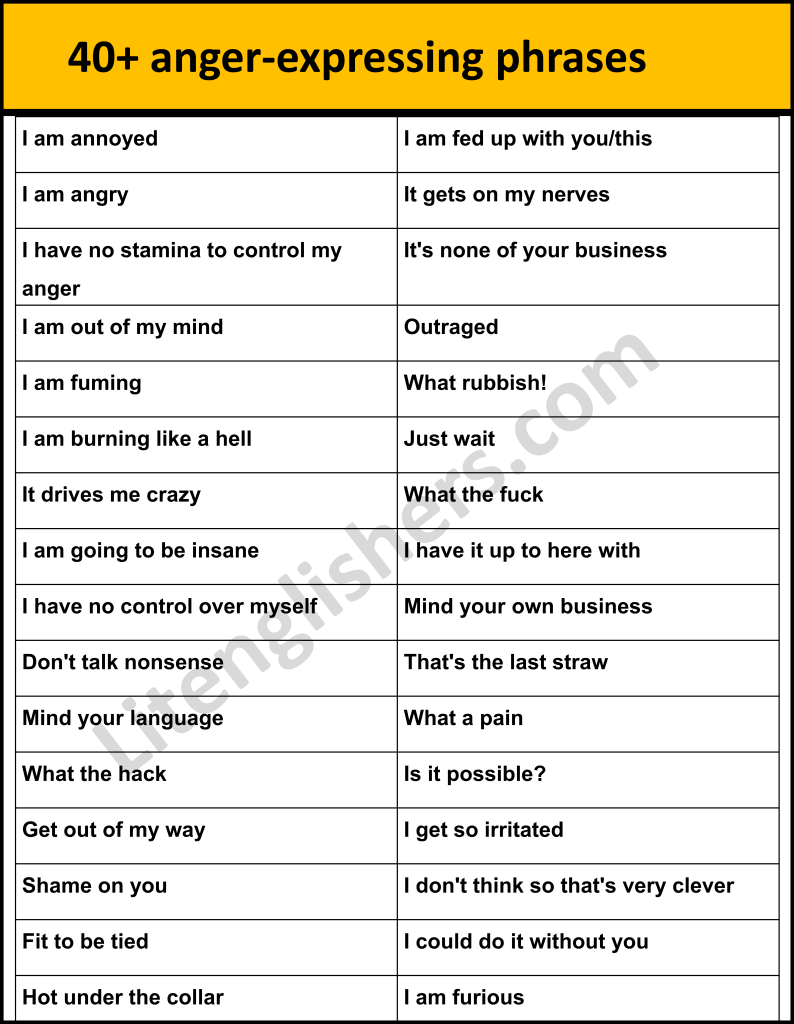
- I have it up to here with
- Mind your own business
- That’s the last straw
- What a pain
- Is it possible?
- I get so irritated
- I don’t think so that’s very clever
- I could do it without you
- I am furious
- Just go before my eyes
- I am not going to spare you/him/them
- I will break your bones
- I’ll smash your face
- I’ll trash you
- You fucking ass
- Be within your limits
- Go to hell
- You don’t need to teach me
- What utter nonsense
- How many times
- Who are you to teach me?
- I am so mad right now
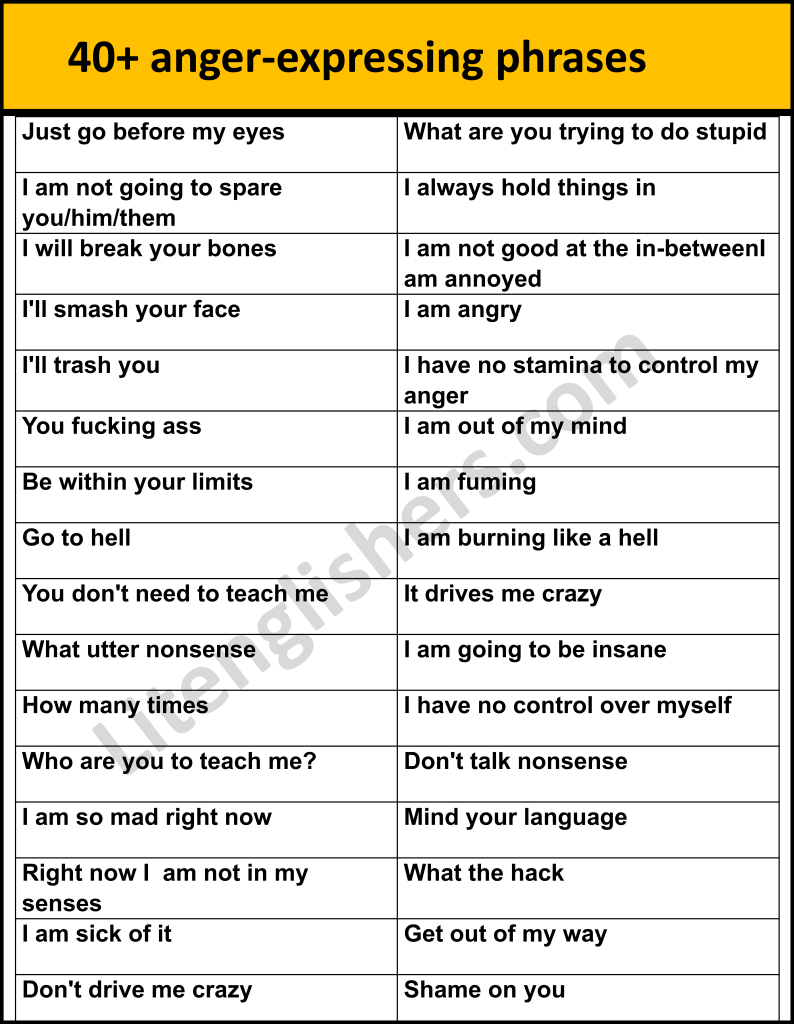
- Right now I am not in my senses
- I am sick of it
- Don’t drive me crazy
- What are you trying to do stupid
- I always hold things in
- I am not good at the in-between
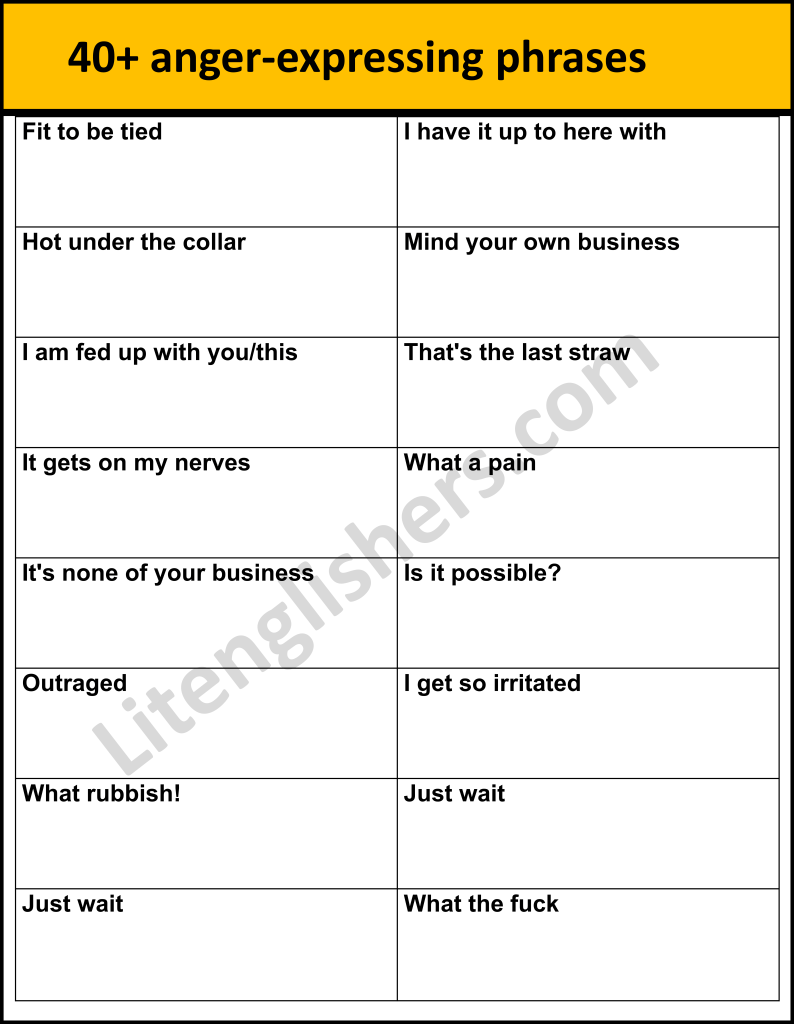
Some tips to control your rude behavior
3: Ways Your Childhood Influences How You Deal With Anger Now
Anger is nothing more than a message from your body accompanied by the energy required to act on that message. The message is: Take action. Threat or harm is near. Protect yourself. To listen to the message your body is sending you when you feel angry, you must be able to perform some complex skills simultaneously. They involve managing the energy that comes along with your anger so that you can use your brain to process it.
What did you learn about anger management from watching your parents manage theirs?
If you grow up with an explosive parent, you can either imitate it (thinking it’s the right way) or you can decide that you never want to be explosive and overcorrect to the point of keeping your anger inside.
Was there a place for your anger in your childhood home?
Sadly, for a large number of children, anger is not an acceptable emotion in their families. Maybe in general for all family members, maybe just for children, and maybe just for a specific child. Regardless, intolerance of children’s emotions in the family constitutes true child-emotional neglect. it teaches you to suppress and hide your feelings. It sets you up to minimize and avoid your anger.
Have you learned the emotional skills needed to be able to accept and use your anger?
To use the energy your anger gives you to protect yourself, the true purpose of anger as an emotion, you need several skills. Did you have the opportunity to learn them as a child? What did you miss and why? You may have observed unhealthy anger patterns in your parents, or you may have grown up in an emotionally neglected family. Either way, it’s probably not your fault you didn’t learn them.


